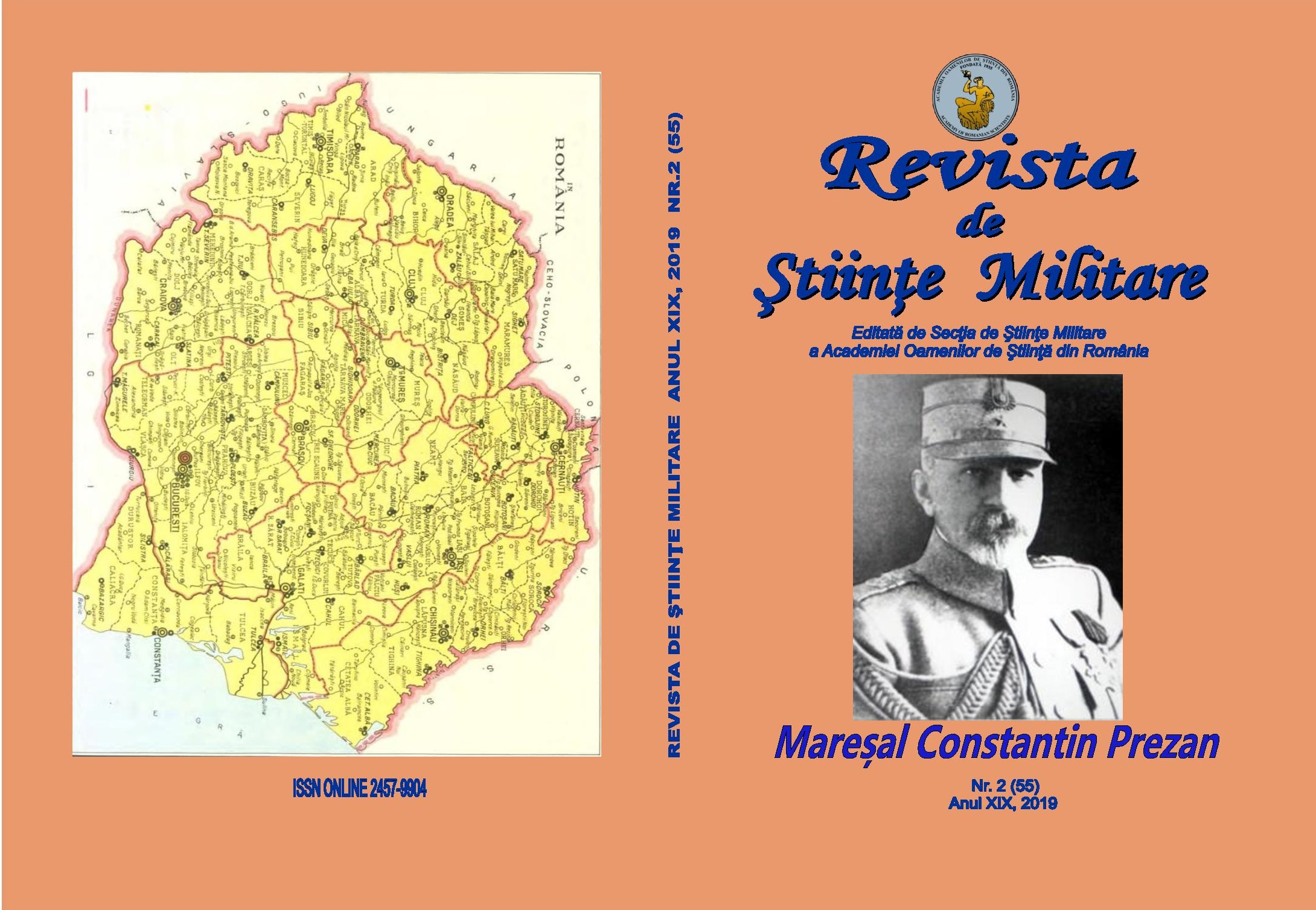RELAȚII NATO-RUSIA: EVOLUȚII ȘI CONTROVERSE
NATO-RUSSIA RELATIONS: EVOLUTIONS AND CONTROVERSIES
Author(s): Gheorghe BoaruSubject(s): Military history
Published by: Editura Academiei Oamenilor de Știință din România
Keywords: NATO; Russia; North Atlantic Cooperation Council; NATO-Russia Council; Partnership for Peace; security; controversies;
Summary/Abstract: The North Atlantic Treaty Organization (NATO) is a political-military alliance that formed in 1949, through the North Atlantic Treaty, signed in Washington on April 4, 1949 and comprises 29 states from Europe and North America.The Warsaw Pact or the Warsaw Treaty, officially called the "Treaty of Friendship, Cooperation and Mutual Assistance", was established as a military alliance of the countries of Eastern Europe and the Eastern Bloc as a response to the creation of NATO's alliance, signed in Warsaw on 14 May 1955, comprised 8 states and was dissolved at the meeting in Prague on 1 July 1991.After the break-up of the Soviet Union in 1991, former opponents - Russia and NATO - were forced to find new forms of coexistence in a totally different security environment than the previous one. This has prompted both sides to cooperate in various forums, partnerships, councils, programs, contacts, summits and academic exchanges.Over the last decade, NATO-Russia relations have been a significant part of European security policy even though the "special" and sometimes controversial relationship between the two entities has evolved much including many activities in various areas of cooperation.
Journal: Revista de Ştiinţe Militare
- Issue Year: 2/2019
- Issue No: 55
- Page Range: 107-122
- Page Count: 16
- Language: Romanian

